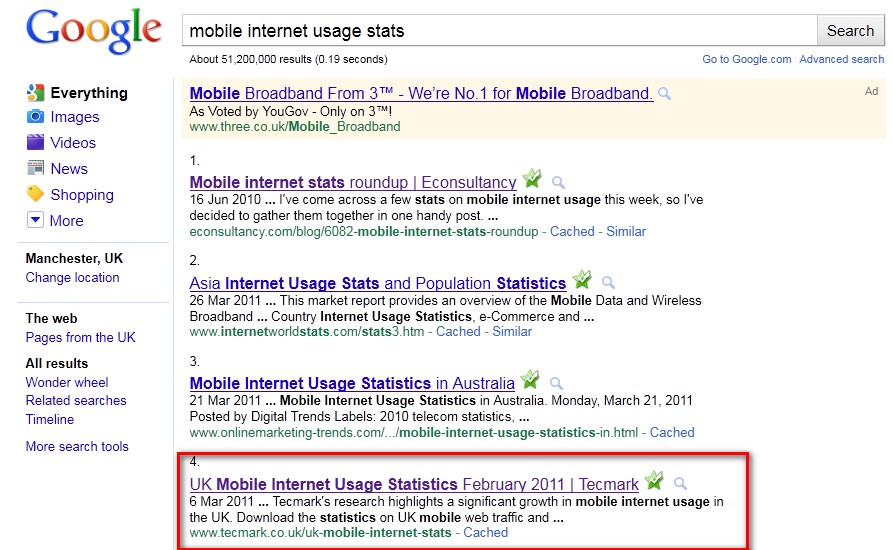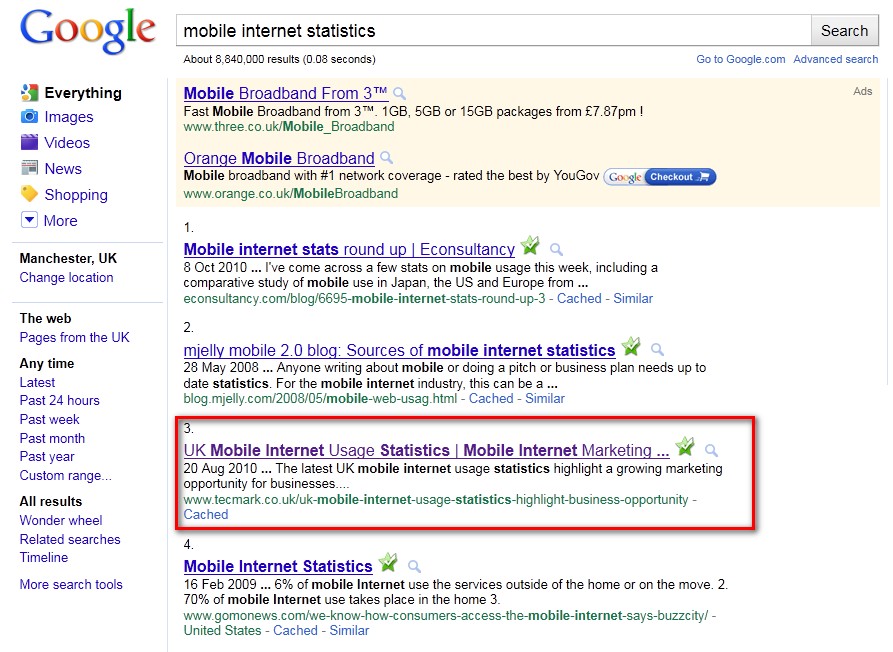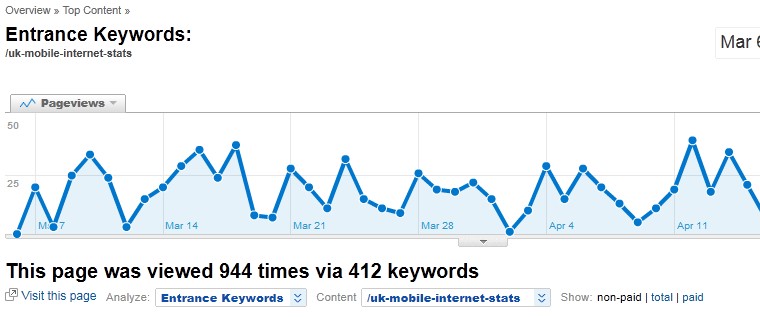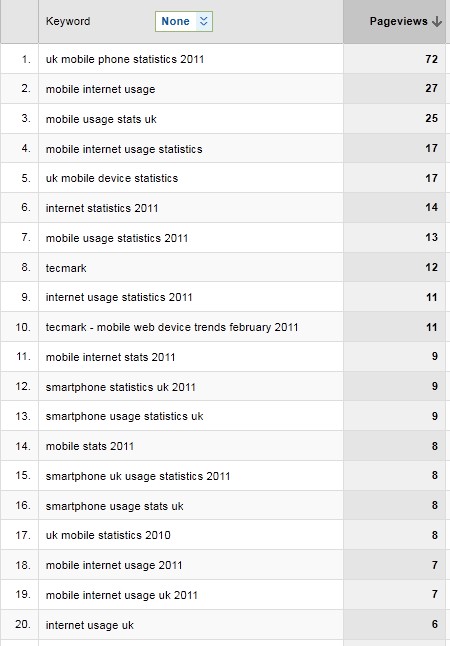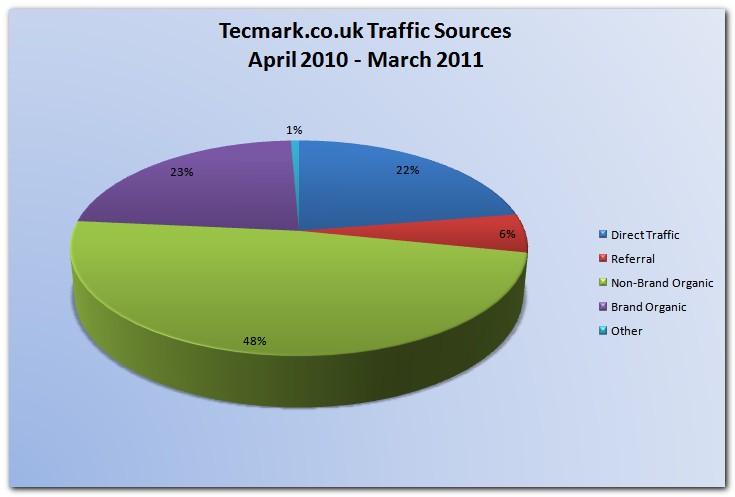We’re asked a lot in this industry about the price of SEO. Unsurprisingly, those of you not familiar with the industry, pricing variation across the market and the cost of campaigns in general is a bit of a mystery. So we thought we’d clear up the most common questions we’re asked here.
The Word “Cost”
This isn’t a question per se, but more a note. While we’re asked a lot about the cost of SEO, the fact is that your campaign strategy should be such that, after an initial period (which will again vary industry to industry) SEO isn’t costing you at all!
The objective of SEO is to generate a healthy ROI, rather than to continue to be a cost burden indefinitely. So perhaps the word “cost,” would be better changed in this context, to “investment.”
However, for the purpose of answering the most common questions we come across, we’ll stick with the lingo!
How Much does SEO Cost?
Honestly, it’s like asking the length of a piece of string. You will find some agencies with a standard pricing model and for me personally, that’s always been a bit of a mystery. How can you put a standard price on a SEO campaign before you even know anything about it? Here are just a handful of the factors that can influence the cost a SEO campaign:-
- The industry your website operates in
- Its preferred target keyword
- How old your website domain is
- How many other people are actively doing SEO in your area/for your chosen keywords
So setting a standard price really isn’t possible. Every single SEO campaign is different, has different objectives, different requirements and thus different costs associated with it.
Unfortunately, that means the answer to ‘how much does SEO cost?’ is a simple, ‘it depends.’
Why Have Some Companies Quoted Much More/Less for the Same Campaign?
If you seek out SEO quotes from five different agencies, I’d be incredibly surprised if even two of the quotes came back the same. There may be minor differences or, in some cases, major ones. There are some agencies who’ll quote prices at the £100.00 per month mark while others might be ten times that.
But there’s a good reason!
The cost of a campaign to an agency depends entirely up in its method of delivery. The core requirements of a SEO campaign (at the very simplest level) are:-
- Ongoing ‘on page SEO.’ This involves someone continually making recommendations for changes and improvements to your website itself. Some agencies will quote based on them actually implementing these changes for you, while others might literally just send the recommendations for you to arrange implementation of.
- Off page SEO (link building). The links pointing back to your site play arguably a bigger role in where your website ranks than your website itself does (though good on page is essential to make progress). Link acquisition can be done in a number of ways and some of these do incur costs. For example, there are a number of very good directories your site could benefit from being listed in… and some of them cost more than £200 per year to list! So as well as just the cost of someone’s time in acquiring links to your website, there is often a physical spend associated with this element of a campaign.
- Reporting. This in itself can be a time consuming process but is absolutely essential to analysing progress made, where the campaign can be improved, how it can be improved, what’s been achieved and, most important, the return on your investment.
The more competitive, in SEO terms, your keywords are, the more time and money will have to be spent on the campaign by your SEO agency.
Because different agencies will invest different levels of time and money according to their own methods, prices are bound to vary.
Why Does SEO Require an Ongoing Spend?
SEO is generally not just a one off cost and that’s because all of the above need to be continually done.
You could stop your SEO campaign and perhaps enjoy the rankings you have gained for quite some time after stopping. A week…. two weeks… a month…. maybe more. It all comes down to what your competitors are up to and what the search engines are up to as well.
If you operate in an industry where your competition are acquiring new links and updating their site each month, then in order to maintain any kind of positioning, you need to be doing as well.
Google also makes frequent updates and changes to its algorithm, which means your SEO campaign will often need to change accordingly.




